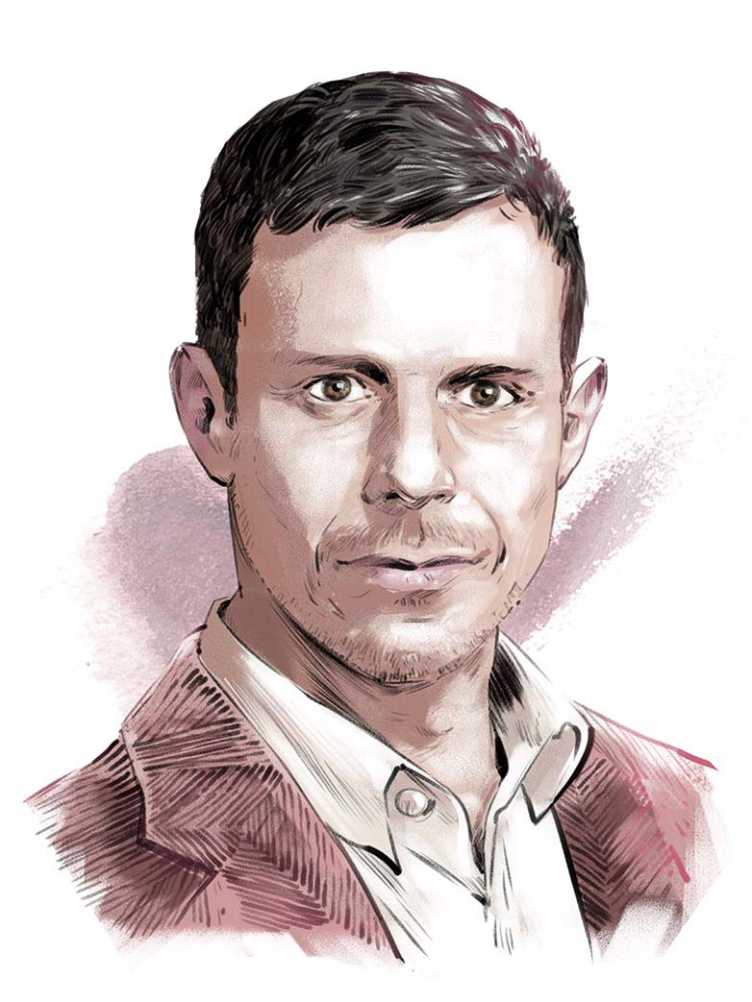Should we abolish gift-giving at Christmas?
Two ETH members speak out in favour and against the abolition of Christmas gifts respectively. What do you think of this tradition? Discuss it with the ETH community in the comments.
For

With Christmas just around the corner, I can’t wait to see my extended family again and enjoy lots of time cooking and eating together. Christmas is a wonderful family tradition for us. But I also know that the tiresome question of presents will rear its ugly head again no sooner than the first Christmas markets open their glühwein stands for business.
Wherever you turn these days, the media is telling you that you have to give gifts and have to want something in return. Turning up as a visitor at Christmas without a suitcase full of presents is simply not socially acceptable – it is as bad as not receiving any presents yourself. For me, however, this attitude is reducing the wonderful time spent being together and giving gifts to simply a social requirement – an artificial, consumerism-driven expectation that is difficult to extricate yourself from without much effort and excuse-making. Online shops and department stores alike become colourful shrines to excess. But all this erodes the love of gift-giving for me.
The spirit of giving as a token of our appreciation and a surprise that will put a smile on someone’s face seems to have been entirely turned on its head.
"Why are we allowing ourselves to restrict these lovely, personal gestures to just certain days of the year?"Andreas Steingötter
I’ve often caught myself looking at an item and thinking, “Oh, that would be a good Christmas present.” But there are so many other – and more suitable – days and moments throughout the year when you can surprise someone with a gift, either as a little treat or as a huge source of delight.
Ending the madness surrounding gift-giving at Christmas would also have the advantage of finally reducing all that pointless plastic waste that accumulates during Advent and the festive period.
I’m looking forward to Christmas. I can’t wait to pack a small case and head off to see my parents and siblings. But I can’t yet say whether I’ll be taking Christmas presents with me this year. I’ll continue to give gifts in the future, of course, but only if they’re what my loved ones really want – or if a gift feels like the right thing for a certain moment. I hope your Christmas isn’t overwhelmed by thoughts of presents!
Against

Christmas and most of the rituals surrounding it stem from its historical roots as a European pagan festival centred around the winter solstice. It was co-opted by Christianity as a good landing place for the celebration of Christ’s birth. Whether good or bad, this ensured the continuation of a number of its traditions, such as putting up trees indoors and giving gifts. Celebrating Christmas today and following its traditions demands a belief neither in pagan spirits nor in the Christian deity. All it needs is the willingness to make time and effort to bring life and light to the world – at a time when life and light are in short supply.
Thinking of others, not only giving gifts to our loved ones but also making charitable contributions, is a way to feel good at a time of year when depression comes most easily. Psychological literature is clear about this paradox; namely, that reflecting and working to make others happy, rather than indulging our own desires, is the best way to lift our own spirits. The Harvard Study of Adult Development – tracking individuals since 1938 – identifies attention to close personal relationships as the single greatest driver of life satisfaction and happiness as we grow older.
"The value of gifts lies in their planning and exchange, not in their later consumption and use."Anthony Patt
The best gifts are those with the most reflection behind them and those we make by hand, rather than those with the highest price tags. Of those I receive from my wife, it is the books – with her thoughts as to why she thinks that book will enrich my life inscribed in the front cover – that stay with me throughout the year. When I pull these books off the shelf years later, her inscriptions trace our growing old together.
Some see gift-giving as consumerism. I see it as offering the chance to engage in mindfulness, consumerism’s opposite. We are mindful of our relationships to others, not of our own desires. Gift-giving at the winter solstice is one of those human traditions that enriches our lives. We would be fools to give it up.
This article appeared in the current ETH magazine "life".
Comments
No comments yet